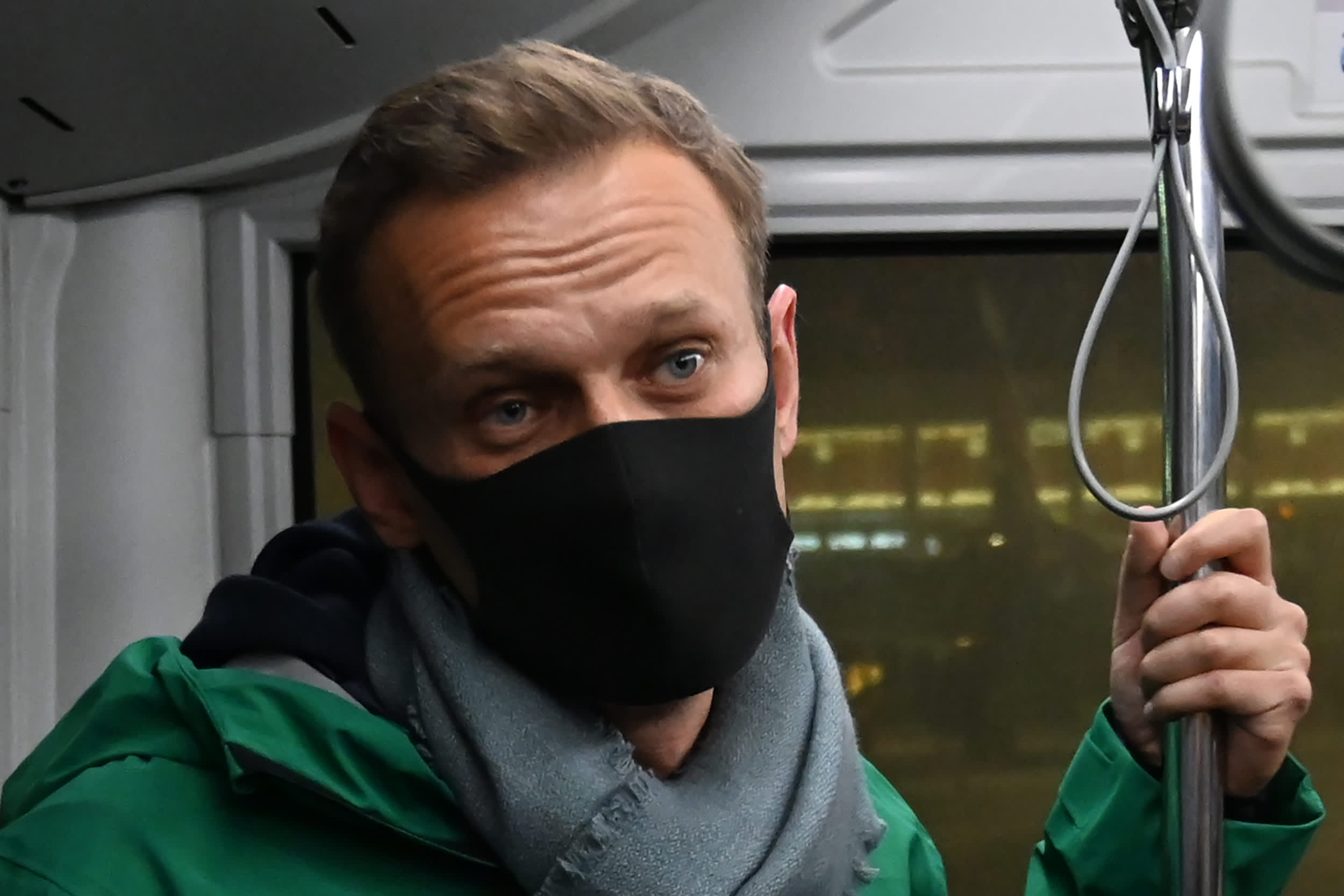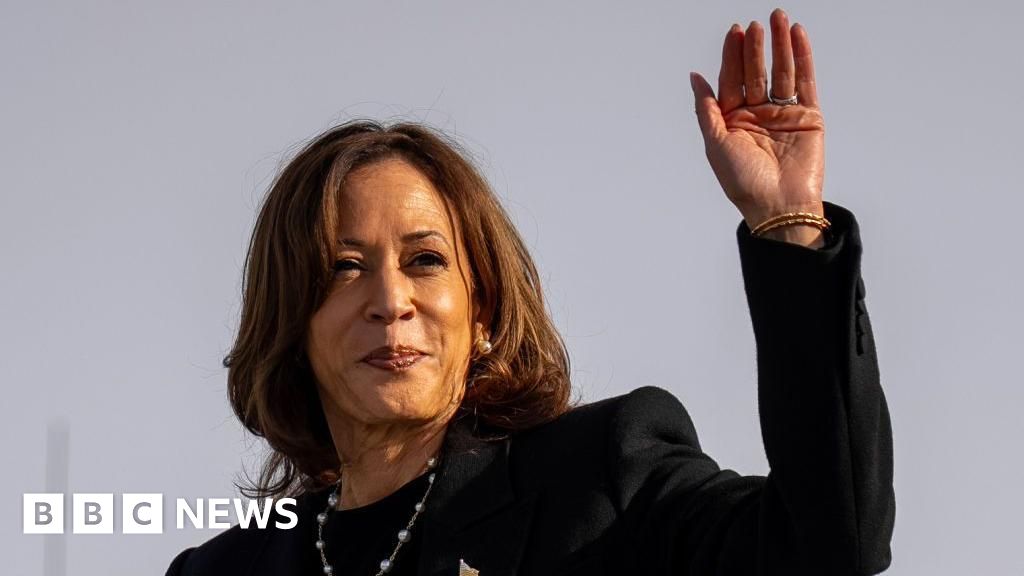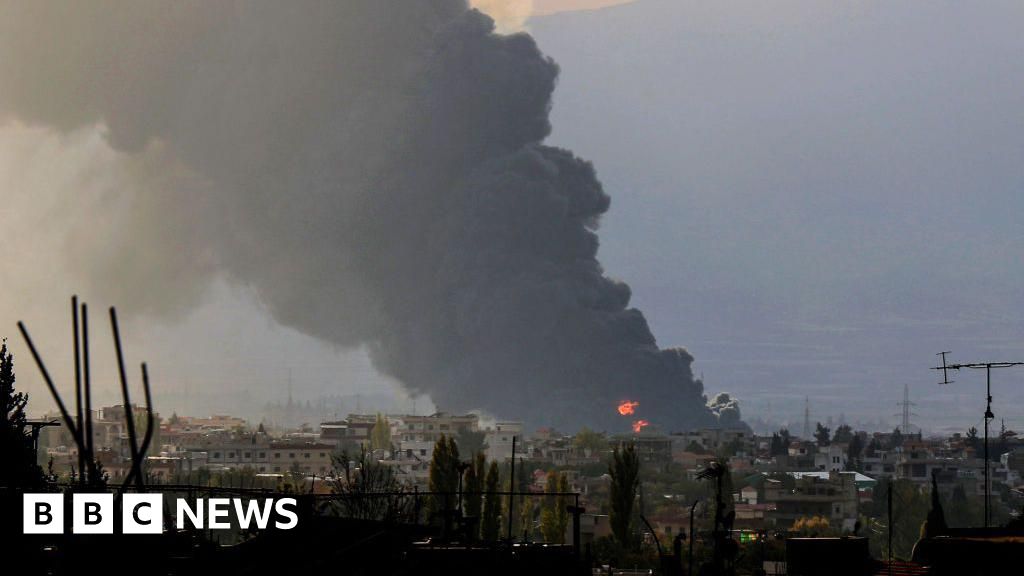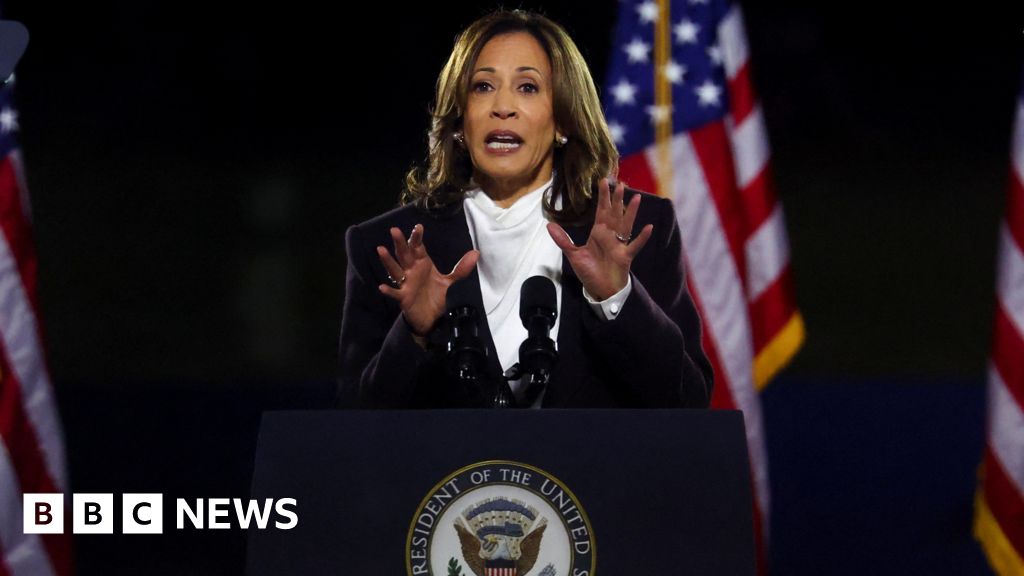Russian opposition leader Alexei Navalny boarding a bus from a plane bound for a terminal at Sheremetyevo Airport in Moscow on January 17, 2021.
Kirill Kudryavtsev | Agence France-Presse | Getty Images
Russian authorities have kept opposition politician Alexei Navalny in custody for 30 days, according to his spokesperson, after an urgent court session inside a police station.
Kira Yarmisch said on Twitter on Monday that a judge had decided Navalny would remain in police custody until February 15. She added that he was not yet known where he was held during this period.
Al-Yarmash said upon hearing the verdict: “They were detained at the border, taken in an unknown direction, and a lawyer was not allowed. The trial took place urgently in the police station, and they were arrested for 30 days.” Translation.
“It cannot even be called a parody of legitimacy,” she added.
This comes after the Russian authorities arrested Navalny on Sunday evening when his plane coming from Berlin, Germany, landed at Moscow airport. It is the first time that Navalny has returned to the country since his poisoning last summer.
The Moscow Prisons Service had ordered his detention in connection with alleged violations of his suspended prison sentence.
“Don’t be afraid, go out to the streets. Don’t go out for me, get out for yourself and your future,” Navalny said in a video posted on YouTube after the judge’s decision, according to a Reuters translation.
The United Nations, government officials and rights groups Owns And all demanded from Russia the immediate release of NavalnyWhile some countries pressed for possible sanctions.
In response, Moscow said the Navalny case had received an “artificial” resonance in the West.
“The matter does not lose sight of the law more than this.”
Navalny is widely seen as the most prominent critic of Russian President Vladimir Putin. The 44-year-old activist was frequently detained by authorities and harassed by pro-Kremlin groups.
Navalny was recovering in Germany after narrowly escaping from what has since been independently confirmed as poisoned by nerve gas in Novichok in August. 20.
Russian opposition leader Alexei Navalny and his wife Yulia at the passport control point at Sheremetyevo Airport in Moscow on January 17, 2021.
Kirill Kudryavtsev | Agence France-Presse | Getty Images
Navalny said he believed Putin had ordered the poisoning to continue, and commented in October of last year that he saw no other explanation.
The Putin government denies poisoning Navalny, although investigative reporters have since done so Published evidence To support Navalny’s allegations.
In a video posted by Yarmisch on Monday morning, Navalny is shown complaining about the absurdity of a temporary hearing at Khimki Police Station, near Sheremetyevo Airport in Moscow. According to a translation by NBC, he said, “The matter does not go beyond the law.”
A joint statement by the Baltic states of Estonia, Latvia and Lithuania – three former Soviet republics – issued a call on Monday for the European Union to consider “imposing restrictive measures in response to this blatant act” if Navalny is not released from custody.
They described Navalny’s arrest as “totally unacceptable”.
Meanwhile, Director of Amnesty International’s Moscow office, Natalia Zvyagina, said: “The arrest of Alexei Navalny is further evidence that the Russian authorities are seeking to silence him.”
“His arrest only highlights the need to investigate his allegations that he was poisoned by state agents on the orders of the highest levels,” she added.

“Guru professionista del caffè. Giocatore tipico. Difensore degli alcolici. Fanatico del bacon. Organizzatore.”







